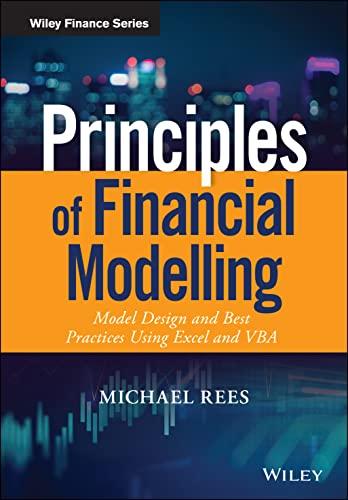Answered step by step
Verified Expert Solution
Question
1 Approved Answer
. Consider the industry in which Apple operates. What is critical for success in this industry and what should Tim Cook be most concerned about
. Consider the industry in which Apple operates. What is critical for success in this industry and what should Tim Cook be most concerned about going forward? How might these factors affect his decision to return cash to shareholders 

Step by Step Solution
There are 3 Steps involved in it
Step: 1

Get Instant Access to Expert-Tailored Solutions
See step-by-step solutions with expert insights and AI powered tools for academic success
Step: 2

Step: 3

Ace Your Homework with AI
Get the answers you need in no time with our AI-driven, step-by-step assistance
Get Started


